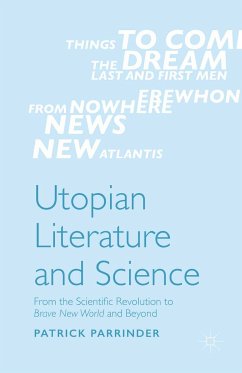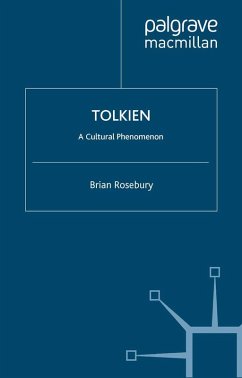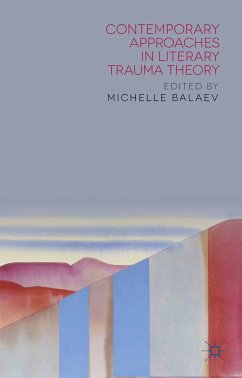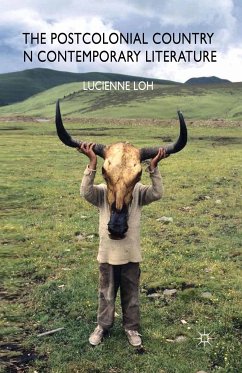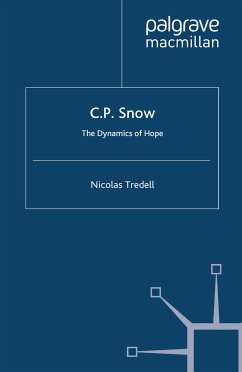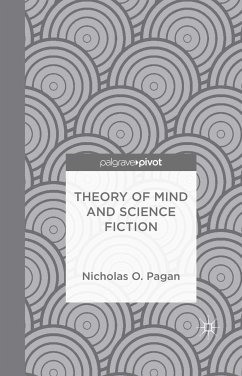
Theory of Mind and Science Fiction (eBook, PDF)
Versandkostenfrei!
Sofort per Download lieferbar
40,95 €
inkl. MwSt.
Weitere Ausgaben:

PAYBACK Punkte
20 °P sammeln!
Theory of Mind and Science Fiction shows how theory of mind provides an exciting 'new' way to think about science fiction and, conversely, how science fiction sheds light not only on theory of mind but also empathy, morality, and the nature of our humanity.
Dieser Download kann aus rechtlichen Gründen nur mit Rechnungsadresse in A, B, BG, CY, CZ, D, DK, EW, E, FIN, F, GR, HR, H, IRL, I, LT, L, LR, M, NL, PL, P, R, S, SLO, SK ausgeliefert werden.



